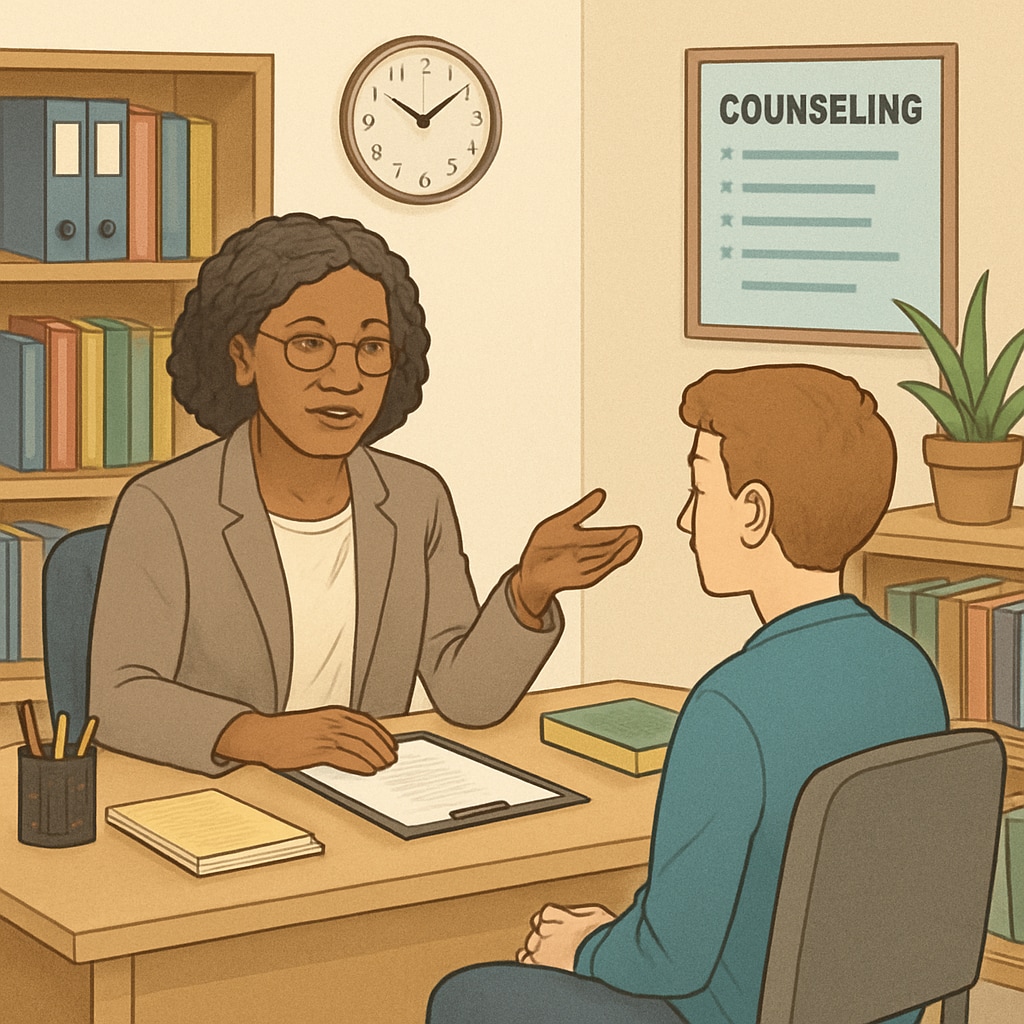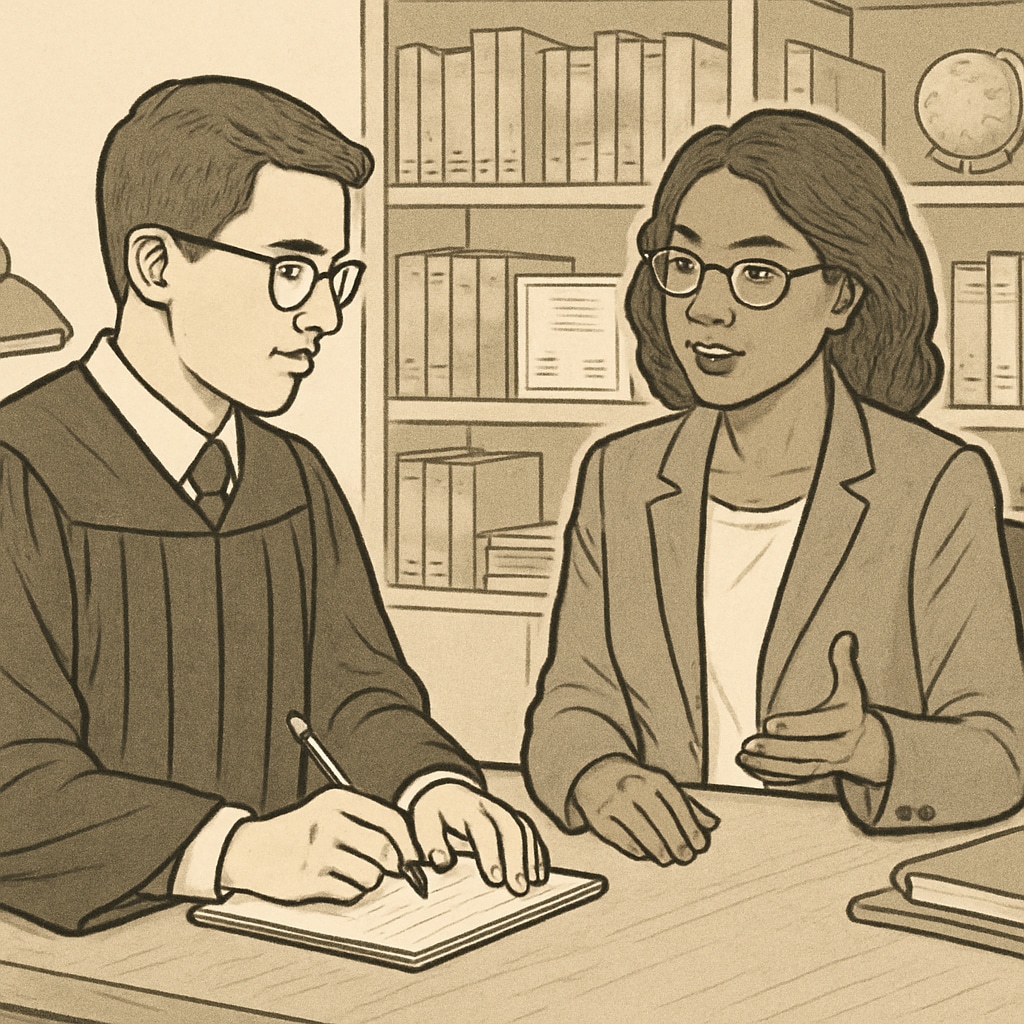Conducting interviews with school counselors is a vital step for graduate students pursuing school counseling programs. These interviews not only provide real-world insights into the profession but also help bridge the gap between theoretical knowledge and practical application. This article explores actionable strategies for locating and connecting with middle and high school counselors, ensuring successful interviews, and maximizing the professional benefits derived from these interactions.
Why Interviewing School Counselors Is Crucial
School counselors play a pivotal role in shaping the educational and emotional development of students. For graduate students specializing in school counseling, interviewing these professionals offers a firsthand look into their responsibilities, challenges, and strategies. These interviews can uncover valuable knowledge about counseling techniques, school policies, and student needs that textbooks often overlook.
Moreover, such interactions allow students to build professional networks, fostering connections that may lead to mentorship or collaboration opportunities. Interviews also serve as a practical tool for understanding the nuances of various counseling approaches, helping students tailor their own methodologies and skills.

Finding the Right School Counselors
Identifying suitable interview subjects is the first step. Look for middle and high school counselors who represent diverse backgrounds, work environments, and student demographics. Here are some tips to help you find the right candidates:
- Utilize Online Directories: Many schools list their staff, including counselors, on their websites. Use these resources to locate potential interviewees in your area.
- Leverage Professional Networks: Reach out to professors, peers, or alumni who may have connections with school counselors.
- Attend Education Events: Conferences or workshops related to school counseling often attract professionals willing to share their expertise.
Once you’ve identified potential counselors, ensure they align with your research focus. For example, if you’re interested in college readiness, seek counselors who specialize in advising high school seniors on higher education pathways.
Approaching School Counselors for Interviews
Effective communication is key when reaching out to school counselors. Here are some strategies to ensure your approach is professional and well-received:
- Craft a Thoughtful Introduction: Clearly explain your academic goals, the purpose of the interview, and how their insights will contribute to your research.
- Be Respectful of Their Time: Offer flexible scheduling options and emphasize that the interview will be concise and focused.
- Use Formal Channels: Contact them via school email or through an official introduction facilitated by your academic institution.
Additionally, prepare a list of questions in advance. Good interview questions should cover various aspects such as their daily responsibilities, approaches to student counseling, and the impact of school policies on their work.

Transforming Interviews into Professional Growth Resources
The insights gained from interviewing school counselors can serve as valuable assets in your academic and career journey. Below are ways to make the most of your interviews:
- Record and Reflect: Take detailed notes during the interview and, if permitted, record the conversation for later review.
- Analyze Patterns: Compare the responses from different counselors to identify common challenges and effective strategies.
- Integrate Findings: Use the knowledge to refine your own counseling approaches or incorporate it into academic projects.
- Maintain Relationships: Follow up with a thank-you note and keep in touch for future collaboration or mentorship opportunities.
By treating these interviews as a learning opportunity, you can build a robust foundation of practical knowledge that enhances your competency and confidence as a future school counselor.
Final Thoughts
Interviewing school counselors is an invaluable exercise for students in school counseling programs. It bridges the gap between theory and practice, offering a deeper understanding of the profession’s realities. By strategically finding, approaching, and learning from experienced counselors, you can enrich your academic pursuits and prepare for a successful career in education. Take the time to engage with these professionals, and you’ll discover insights that extend far beyond the classroom.
For more information about school counseling and its impact on education, you can explore resources such as the School Counseling page on Britannica or the School Counselor entry on Wikipedia.


